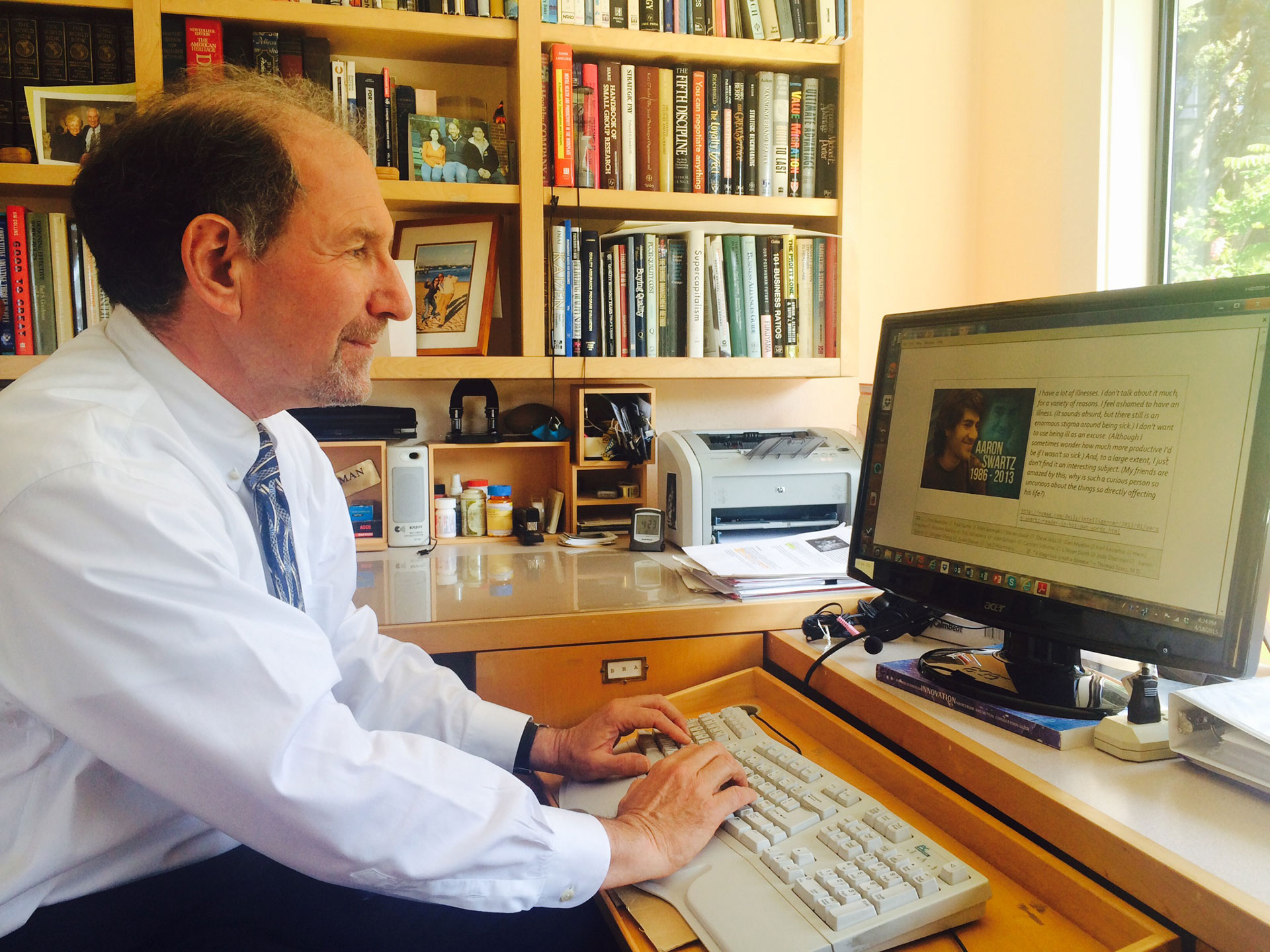The replies, which were kept anonymous, revealed that nearly half had one or more mental health conditions, including attention deficit/hyperactivity disorder, bipolar conditions, depression and substance abuse.
Among the entrepreneurs without mental health conditions, an additional 23 percent reported significant mental health issues in their families.
“Putting this all together, 72 percent of the entrepreneurs were affected by mental health conditions directly or indirectly,” said Freeman, who also has a private psychiatry practice in Marin County.
I interviewed one successful 36-year-old entrepreneur from San Francisco who participated in the study but he asked not to be identified or give details of his startup company. He said his bipolar and attention deficit disorders made it hard to work in the conventional business world, but he thrives in the chaos of entrepreneurship.
“Willing to take that risk, to lead an enterprise, to lead myself to find a better answer," he said. "And that’s the art -- if you will -- of being an entrepreneur. On a more practical level being able to work harder, being more industrious and motivated.”
But he also acknowledged he takes the prescription drug lithium to control his emotions. It treats mania that is part of bipolar disorder. In the past, he said his emotions have gotten the best of him and made him vulnerable.
“Where your emotions dictate your day-to-day occurrences and affect your personal life, your professional life,” he said.
The entrepreneur said he never attempted suicide, but that question was asked in the survey. Freeman said some study participants, but not enough to be statistically significant, said they did attempt suicide.
Moving forward, Freeman said he needs a larger study sample to better understand the connections between mental conditions and the characteristics needed to succeed in the startup world.
“If you have mental health conditions, does that make you more likely to become an entrepreneur? Or if you become an entrepreneur, are you more likely to develop mental health conditions?” Freeman asked. “Is it some, or both? We don’t know.”
For now, he wants to take his findings to tech incubators, business schools and executive coaches to help budding entrepreneurs succeed and keep them healthy and safe.
